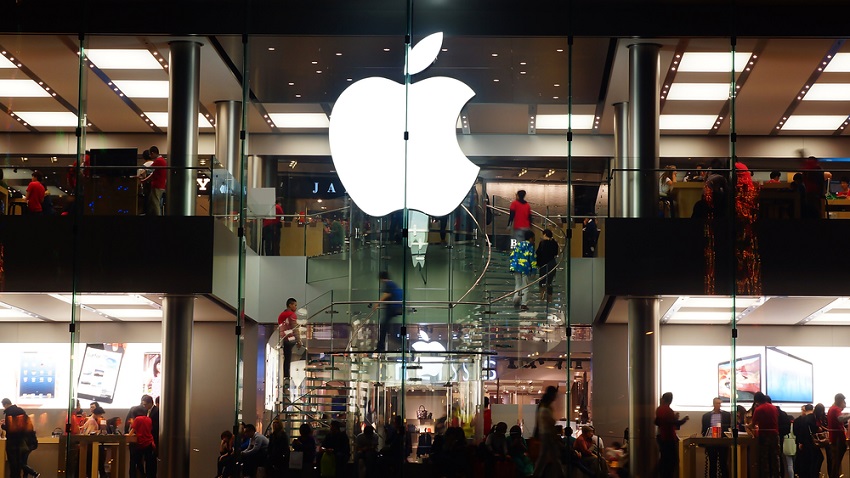As the legal battle over iPhone royalties rages on, Qualcomm recently filed a new suit against Apple, this time seeking to prevent the iPhone maker from manufacturing and selling iPhones in China. Though Qualcomm previously sought to prevent Apple from importing iPhones into the United States, taking steps to hinder the iPhone manufacturing process itself — which mostly occurs in China — clearly represents an escalation between the two companies.
Originally brought to light by Bloomberg, Qualcomm’s latest suit centers on three Qualcomm technologies Apple is allegedly using on the iPhone.
The report reads in part:
Qualcomm’s suits are based on three non-standard essential patents, it said. They cover power management and a touch-screen technology called Force Touch that Apple uses in current iPhones, Qualcomm said. The inventions “are a few examples of the many Qualcomm technologies that Apple uses to improve its devices and increase its profits,” Trimble said.
As for why Apple and Qualcomm are duking it out in legal venues around the world, it all boils down to simple royalty payments. As it stands now, the royalty payments Apple owes Qualcomm are based off of a percentage of the total cost of a given iPhone model. Apple claims that this type of calculation vastly inflates the monies it owes. Instead, Apple argues that the royalty payments owed to Qualcomm should be based on the actual cost of the technology itself.
As Tim Cook explained during an earnings conference call earlier this year:
The reason that we’re pursuing this is that Qualcomm’s trying to charge Apple a percentage of the total iPhone value. And they do some really great work around standards-essential patents, but it’s one small part of what an iPhone is. It’s not – it has nothing do with the display or the Touch ID or a gazillion other innovations that Apple has done. And so we don’t think that’s right, and so we’re taking a principled stand on it. And we strongly believe we’re in the right, and I’m sure they believe that they are. And that’s what courts are for.
While the case may very well settle, it doesn’t look like either company is poised to back down anytime soon. If anything, we’re seeing quite the opposite, with both Apple and Qualcomm seemingly digging in their heels for what may prove to be a protracted and expensive legal battle.








